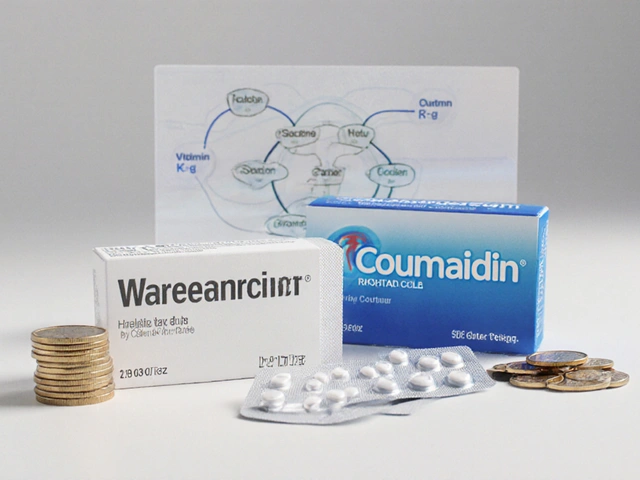Infection treatment — practical steps, safe antibiotics, and what to watch for
Got an infection and not sure what to do? Most common infections need either a targeted antibiotic or simple home care. The key is matching the right drug to the bug and your personal risks (allergies, pregnancy, other meds). This page pulls together clear, useful tips so you can talk to your clinician and avoid common mistakes.
When to consider antibiotics
If you have a clear bacterial infection—like strep throat, certain sinus infections, or a urinary tract infection—antibiotics can help. Viral illnesses (most colds, many bronchitis cases) do not. Ask your clinician: is testing available (throat swab, urine test, culture)? Testing cuts guesswork and reduces unnecessary antibiotics, which helps prevent resistance.
Seek immediate medical care if you have high fever, severe pain, shortness of breath, confusion, or signs of spreading infection (red streaks, rapidly growing redness). For wounds, if you see pus, deep cuts, or signs of systemic illness, get checked rather than treating at home.
Safe antibiotic choices, alternatives, and practical tips
Common antibiotics covered in our guides include azithromycin (Zithromax), clarithromycin (Biaxin), and trimethoprim-sulfamethoxazole (Bactrim). Each works better for certain infections. For example, azithromycin often treats respiratory infections; Bactrim suits some skin and urinary infections. If amoxicillin fails or triggers side effects, our article on amoxicillin alternatives walks through safe switches.
If you’re allergic to penicillin, settling on a good alternative matters—doxycycline, certain macrolides, or cephalosporins might be options depending on the infection. For acne or Lyme-like infections, doxycycline is commonly used. For herpes outbreaks, antiviral choices like valacyclovir (Valtrex) or acyclovir appear in our herpes treatment guide.
Not all infections need prescription meds. Antifungal issues should use specific antifungals, but note safety updates—our Diflucan article explains rare but serious skin reactions linked to some antifungals. Always stop and call a doctor if you get a new rash, eye changes, or difficulty breathing after taking a drug.
Practical rules everyone can use: finish the prescribed course unless your doctor tells you otherwise; don’t save leftover antibiotics for later; tell your provider about all medicines you take; and report side effects right away. If you buy meds online, use reputable pharmacies and check licensing—our reviews of online pharmacy options and safety tips can help you avoid scams and counterfeit products.
Questions about specific drugs, dosages, or interactions? Use the individual guides on this site for detailed info on Biaxin, Zithromax, Bactrim, and more. And when in doubt, ask a clinician—quick tests and targeted therapy often mean faster recovery and fewer complications.
Exploring Effective Alternatives to Flagyl for Diverse Infections
Flagyl, a well-known antibiotic, is used to treat various infections, but it's not without its limitations. Fortunately, there are several alternatives that cater to specific conditions and present different benefits. Each option comes with its own pros and cons, from superior efficacy to cost and spectrum issues. This article offers an in-depth exploration of seven alternatives, providing insights into their appropriate uses and how they compare to Flagyl.
About
Medications
Latest Posts


The role of pharmacists in managing Ledipasvir therapy for Hepatitis C patients
By Marcel Kornblum Jul 16, 2023

Why You Shouldn’t Store Medications in the Bathroom
By Marcel Kornblum Jan 17, 2026

Contact Dermatitis: How to Identify and Avoid Allergens That Trigger Skin Reactions
By Marcel Kornblum Nov 21, 2025

